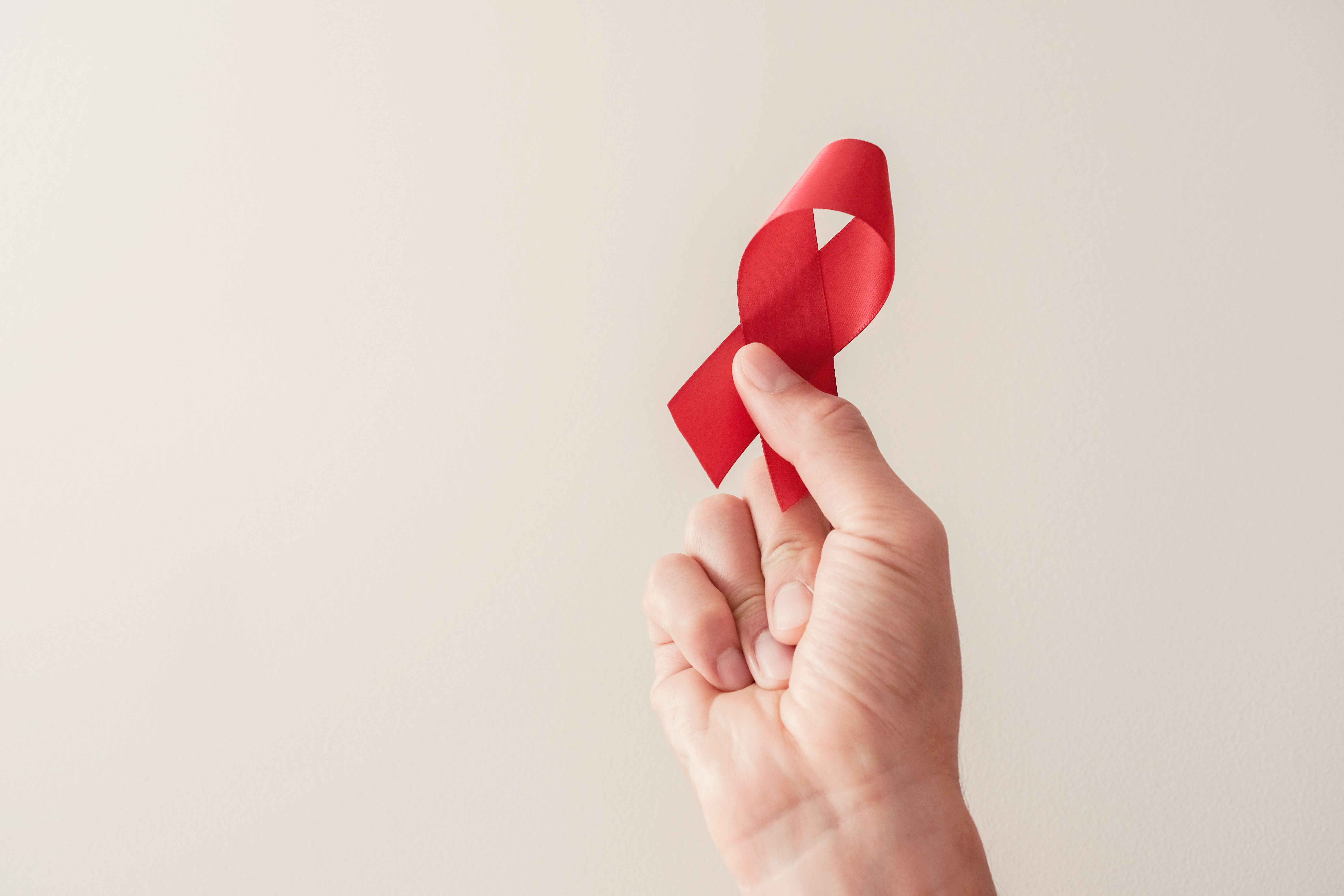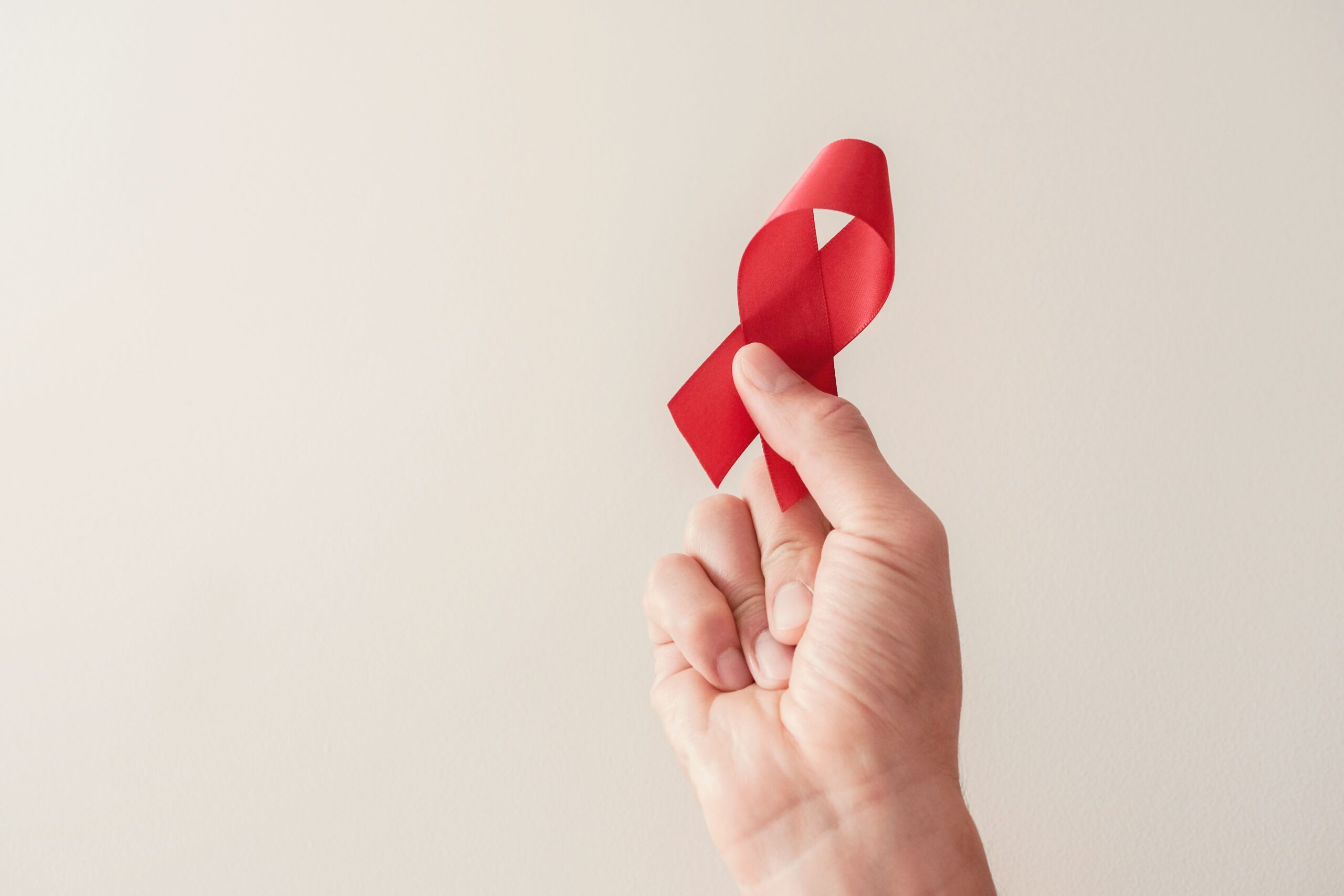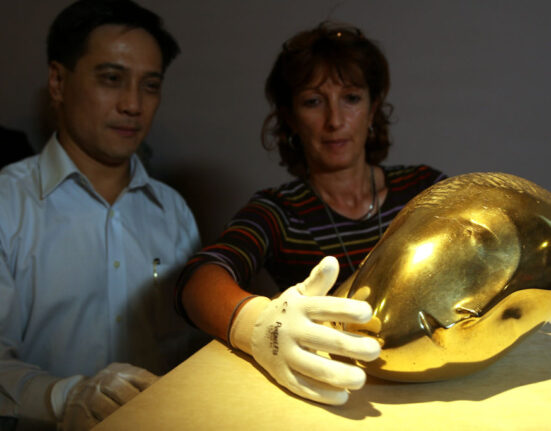Black men who have sex with men (MSM) and who are living with HIV face a disproportionate disease burden due to structural factors including stigma, racism, and other social determinants of health, according to authors of a recent study. The simulation modeling study aimed to determine the outcome of achieving equity-centered HIV care goals compared to non-equity-centered goals.
Image credit: SewcreamStudio | stock.adobe.com

“Equity-centered HIV care goals promote the attainment of the highest level of health for all people and include strategies that increase HIV care levels to identical levels across subpopulations. Such interventions may call for additional investments for specific demographic subpopulations that have lower current-day care levels to address the very factors driving inequities in their care,” said first author Katherine Rich, MD, MPH, resident in the MGH Department of Medicine, in a press release. “In contrast, non-equity-centered goals may aim for equal improvements in care across subpopulations, rather than setting identical outcome goals, and thus may allow racial inequities to persist.”
The Cost-Effectiveness of Preventing AIDS Complications (CEPAC) microsimulation model populated with race-specific data from 2021 was used to simulate HIV care among Black and White MSM in the United States who acquire HIV. Race-specific estimates were made for age at HIV infection, time to HIV diagnosis, receipt of HIV care, and virologic suppression. In addition, the impact of attaining non-equity-centered versus equity-centered HIV care goals were projected by simulating strategies that would result in equal improvements-in-care goals and equity-centered goals. Further, an equitable care continuum consisting of annual HIV testing as well as 95% of Black and White MSM receiving care with virologic suppression was projected.
Study results indicated that the mean age at death was 68.8 years of age for Black MSM and 75.6 years of age for White MSM in the current HIV care continuum. Improvements in HIV care by equal increments for both Black and White MSM, racial inequities would be the same or worse (Black MSM: +0.5 life-years gained; White MSM: +0.5-0.9 life-years gained). Further, achieving equity-centered HIV care goals would result in similar outcomes in Black and White MSM, whether it be the same or worse (Black MSM: +0.5-1.7 life-years gained; White MSM: +0.4-1.3 life-years gained).
“Our results suggest that equity-centered approaches can help to improve HIV care for MSM with HIV. Allocating resources to develop and identify effective equity-centered, evidence-based interventions for Black MSM, and implementation strategies to deploy these interventions, will be essential to achieve health equity across the HIV care continuum,” said Rich in the press release.
The authors note that existing interventions for improving HIV care outcomes in Black MSM focus on individual factors—particularly in medication adherence—and that the implementation of structural and multilevel interventions are essential to addressing the drivers of health disparities.
“With an Equitable Care Continuum compared with the nationally reported Status Quo, Black MSM and White MSM would gain 3.5 and 2.1 life-years, respectively,” said Rich in the press release. “Achieving an Equitable Care Continuum requires strategic investment and prioritization of evidence-based interventions tailored to the diverse needs of Black MSM across various community contexts, while also accounting for local HIV epidemic dynamics.”
Reference
Massachusetts General Hospital. Research spotlight: Improvements in HIV care in Black and White men who have sex with men. News release. November 28, 2023. Accessed November 29, 2023. https://www.eurekalert.org/news-releases/1009410







